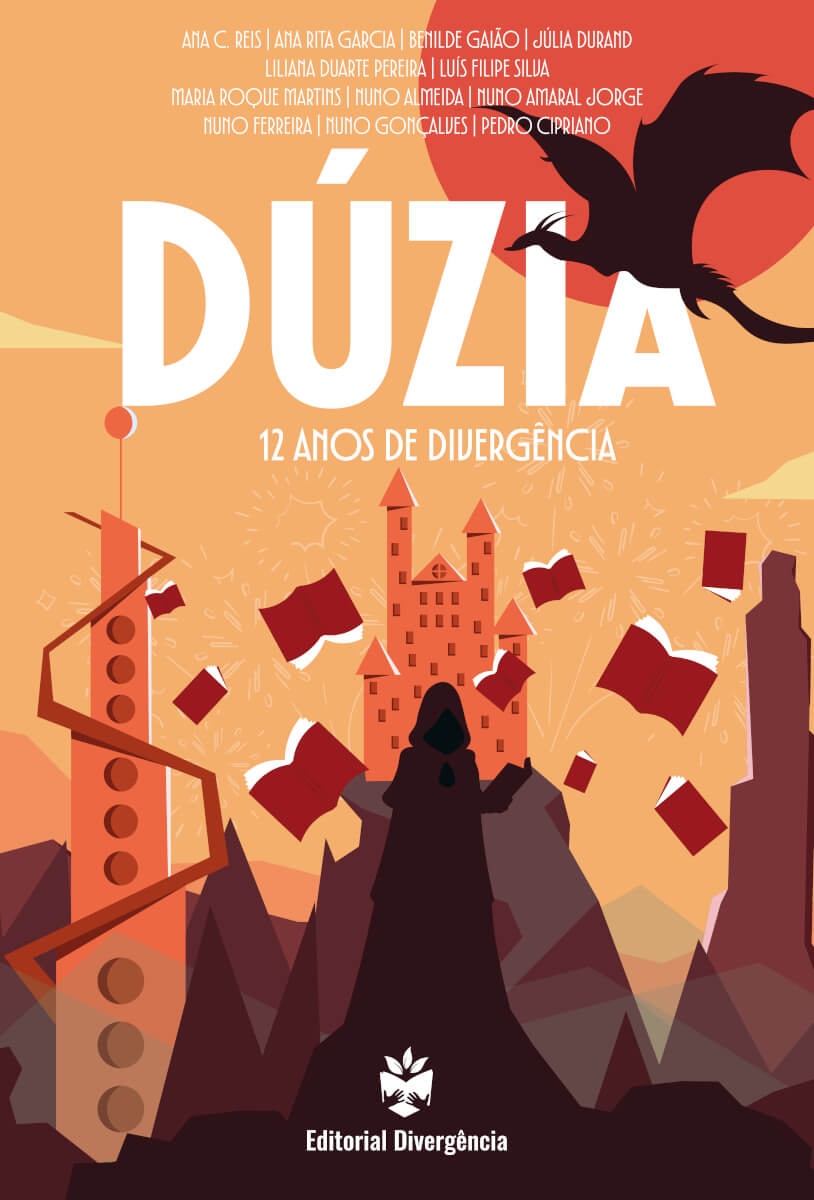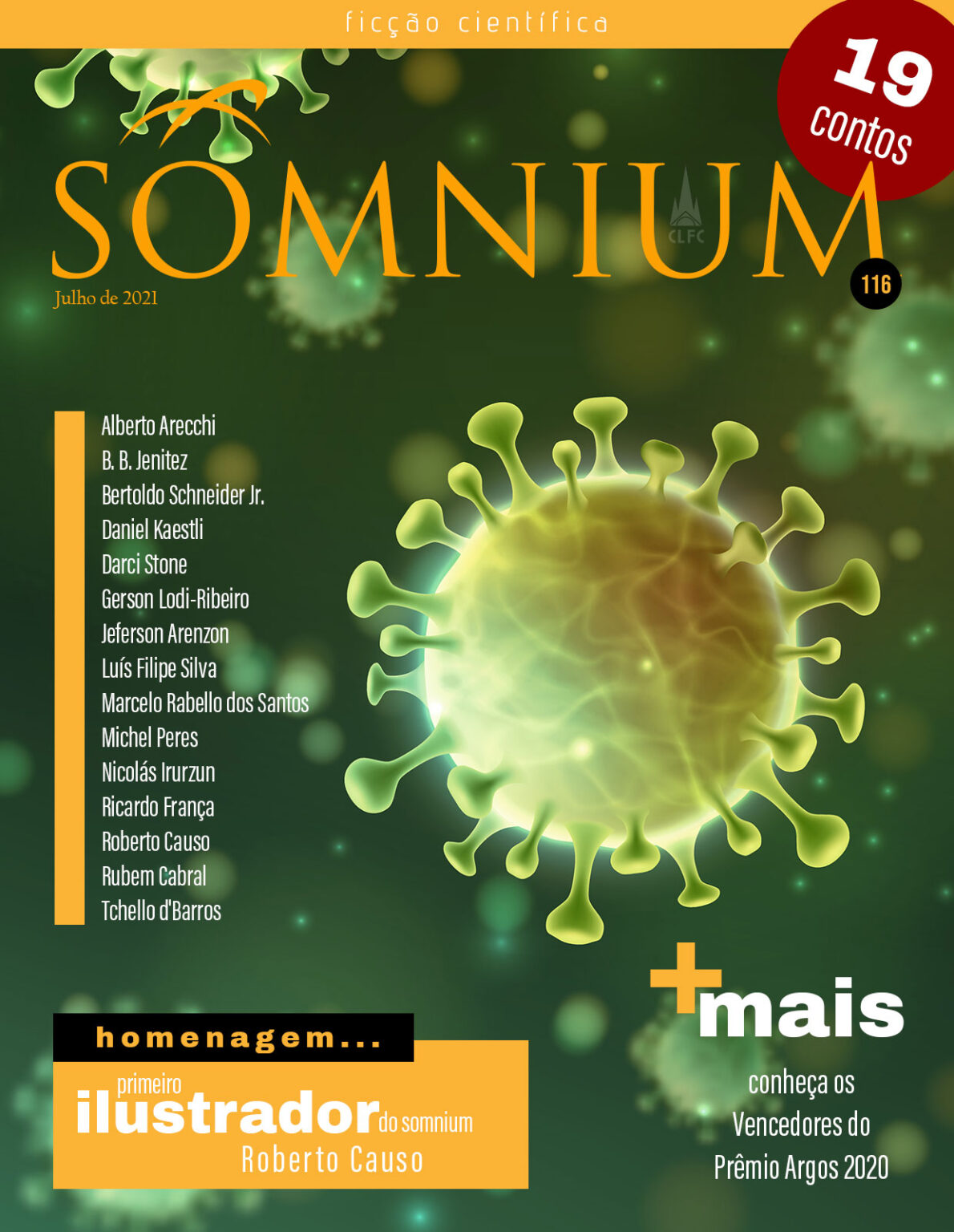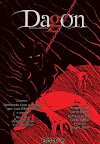23 Junho 2007
DE PASSAGEM POR PORTUGAL, no ano passado, por ocasião do lançamento do livro A Transformação de Martin Lake, da Livros de Areia, Jeff VanderMeer inaugura o seu novo site de autor (com um layout belíssimo e invejável) e aproveita a ocasião para publicar o artigo sobre o fandom europeu que surgiu na revista Locus no início do ano. Eis, como destaque, o que tem a dizer sobre nós:Take, for example, the Portuguese market for genre fiction, which is tiny-a print run of 1,500 would be average. We were, half jokingly, half seriously, introduced to Portugal’s “SF writers” (João Barreiros and Luís Filipe Silva) and “only Horror writer” (the incomparable David Soares, who also creates graphic novels). Half-jokingly in that these writers represented perhaps the majority of successfully published homegrown Portuguese SF and horror writers (many more are struggling to achieve publication).
In Portugal, the terms “Science Fiction” and “Fantasy” are often seen as a detriment to sales, and the most common result is the attempt to disguise SF/F as something else-and then compare it to Borges, who is wildly popular in Portugal. This is certainly the tact taken with my own collection from Livros de Areia, one of the smaller presses (despite having published Eduardo Galeano, Jerzy Kosinski, and other well-known writers).
Problems of publishing genre in Portugal also include the sudden collapse of the SF/F infrastructure in Portugal about a decade ago and, at least according to some writers I talked to, that only three decades have passed since the overthrow of an authoritarian dictatorship in a military coup (not to mention, an educational system that is still in severe disarray).
This sense of history still impinging on the literature of the present became a recurring theme, especially in places like the Czech Republic, Romania, and Germany. Events like the fall of Communism might seem as if they happened long ago, but it has only been a generation or so, and that’s not long enough for the wounds to have healed or some societies to have completely recovered from the harm done to them.
However, there’s a difference between a lack of institutional support and the full-on passion and effort of individuals, and there are many committed people in the current SF/F scene. In addition to the efforts of Joao Seixas and Pedro Marques from Livros, Luís Corte Real’s commitment to his publishing house Saída de Emergência has resulted in several exciting projects, like the translation of Alan Moore’s novel into Portuguese. Another activist in the scene is the translator and editor Luis Rodrigues, the man largely responsible for the dialogue between Portuguese SF/F and the English-speaking world through his Fantastic Metropolis website and corresponding anthology, Breaking Windows.
Rodrigues bemoans what he calls a vicious cycle: “Everything is done on the cheap, due to the flimsiness of the market and also because most publishers don’t take SF/F seriously enough themselves. So they take the cheapest books and translators they can find (usually translation students or people with no training at all), which only keeps readers from investing in Portuguese genre editions. Things are either done for the love and with some sacrifice, or done poorly, and you can’t reach critical mass with bad books or butchered classics….We have a long, long road ahead of us.”
This may be true, but my perception of the Portuguese SF/F scene was rather less jaded: I saw many pragmatic people working very hard for the fiction they love to read and write.































